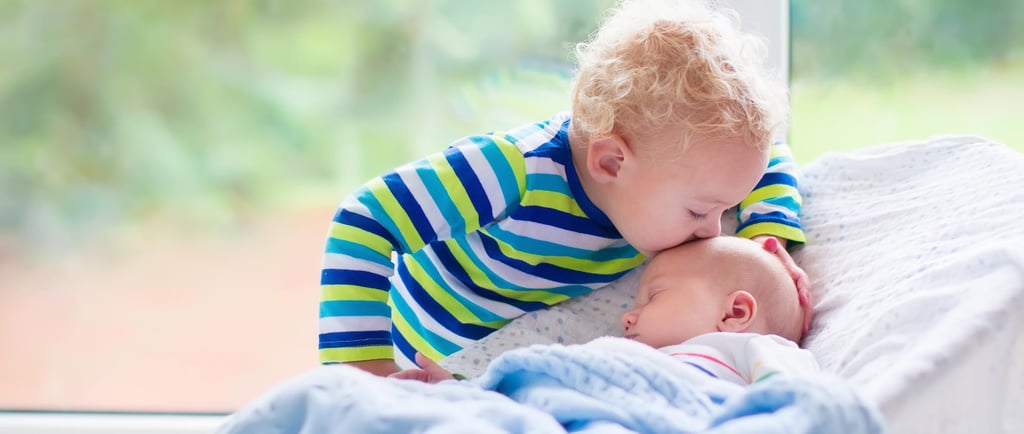Saviour Siblings: Creating a Second Child to Save the First
Delve into the ethical complexities of 'Saviour Siblings,' where parents consider birthing a second child solely as a medical donor for the first.
5/29/20242 min read


Savior Siblings: Creating a Second Child to Save the First
"Would you birth another child for the sole purpose of using them as living breathing spare parts for your first child?"
If you ask a parent how far they would go to protect and save their child, the response is often filled with promises of unwavering devotion. But what about creating another child simply to serve as a donor for the first? This ethical dilemma is at the heart of the concept of "saviour siblings," explored in our latest video. Before we delve into this complex topic, remember that we post death and dying related videos every Friday, so consider subscribing to our channel if that interests you. Now, let's dive into the world of saviour siblings.
Origins and Evolution
Originally, the notion of a saviour sibling involved having another child to preserve umbilical cord stem cells or undergo bone marrow harvesting for an ailing older sibling. However, with advancements in medical technology, the concept has evolved significantly. Today, doctors can use preimplantation genetic diagnosis (PGD) to select embryos that are genetically compatible with the sick older sibling. This process, often involving in vitro fertilisation (IVF), aims to create a "saviour sibling" capable of providing life-saving tissue, including bone marrow or organ donations, to the existing child.
Real-Life Stories: Mary and Brad
Mary, from the US, shares her poignant experience: despite being intended as a saviour sibling, she wasn't a genetic match for her older sister. Her life was overshadowed by this failure, while her younger sister fulfilled the role, providing stem cells, blood, and eventually a kidney. Brad, another individual, recounts being conceived solely to provide life-saving treatments for his older sister. Despite the love for his sibling, he grapples with the realisation that his existence was primarily for her benefit, leading to feelings of hurt and lack of parental affection.
Impact on Saviour Siblings
The implications of being a saviour sibling are profound. Beyond the medical risks and complications associated with multiple procedures, these children often face significant psychological challenges. Discovering that they were born to serve as spare parts for their sibling can profoundly affect their sense of self-worth and identity. Despite the hope for equal treatment, research suggests that saviour siblings often experience neglect and emotional deprivation compared to their sick counterparts, leading to long-term issues like PTSD and low self-esteem.
Parental Perspectives
Parents who opt for saviour siblings often justify their decision by prioritising the survival and well-being of their sick child. However, this often comes at the expense of neglecting the emotional and psychological needs of the saviour sibling. By viewing the second child merely as a means to an end, parents overlook the rights and dignity of the child born into this role.
Watch Our video
While the desire to ensure a child's health and happiness is natural, creating a child for the sole purpose of medical intervention crosses ethical boundaries. Parents must recognise the inherent rights of each child and consider the long-term implications of their decisions. Ultimately, the practice of creating saviour siblings raises profound questions about parental responsibility and the value of human life.

